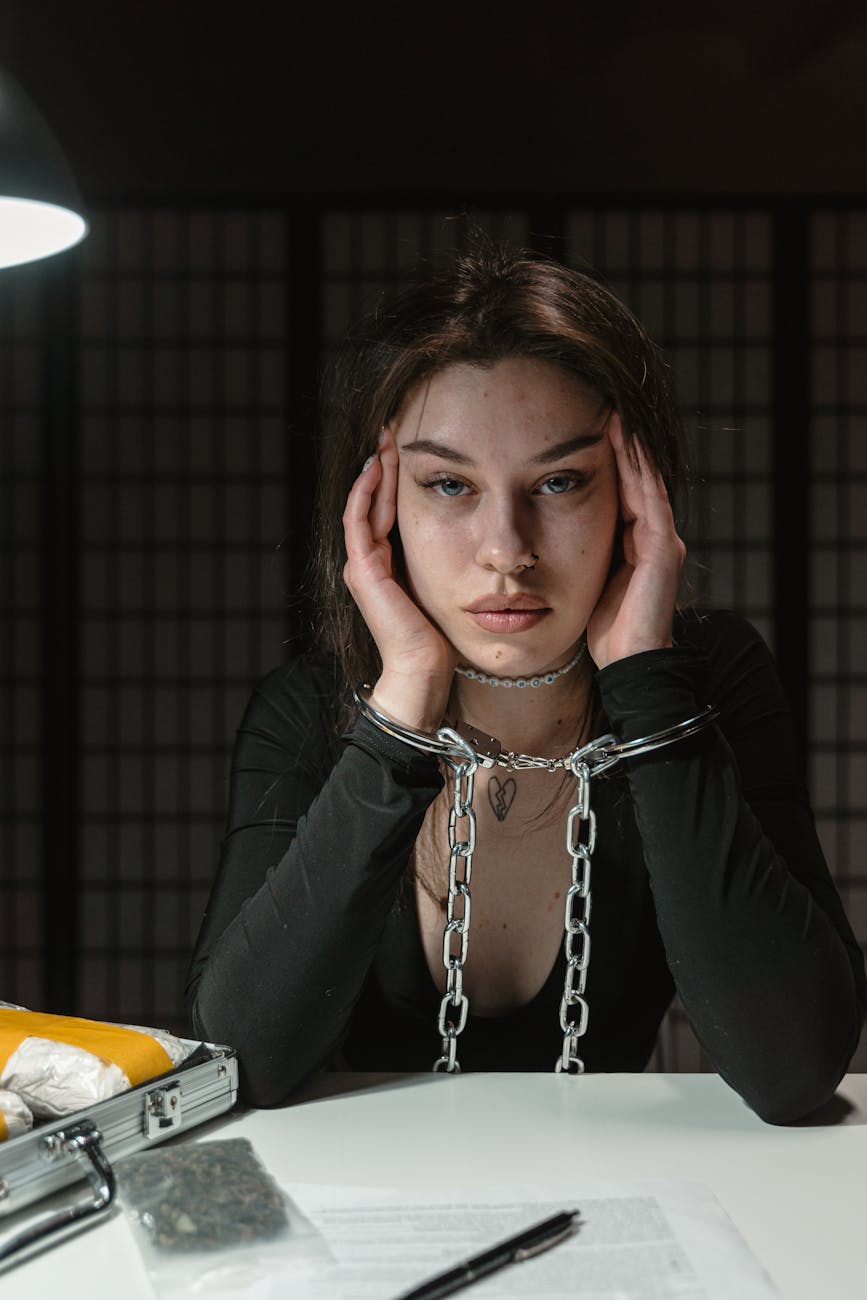Kash Patel’s Comments May Undermine Tyler Robinson’s Legal Case
Kash Patel, a controversial figure in the political landscape, has recently made comments that could potentially derail the ongoing legal case involving Tyler Robinson. The legal ramifications of such public statements are significant, and analysts are increasingly concerned about the impact Patel’s remarks may have on both the case itself and the broader judicial process. This situation illustrates the precarious intersection of public discourse and the legal system, where words can carry weight that may alter the course of justice.
The Weight of Words in Legal Matters
The legal community is no stranger to the influence of public opinion on court cases. However, when a high-profile individual like Kash Patel makes statements about an ongoing trial, it raises the stakes considerably. Legal analysts have pointed out that Patel’s comments could be viewed as an attempt to shape public perception or even sway the opinions of potential jurors. This is particularly concerning in a case like Robinson’s, which has already garnered significant media attention and public interest.
Expert Opinions on Patel’s Remarks
One legal analyst, who has chosen to remain anonymous due to the sensitive nature of the case, expressed strong disapproval of Patel’s behavior. “It’s absolutely inappropriate for him to be making these comments,” they stated, emphasizing the potential ramifications such remarks might have. The analyst noted that public figures must recognize their platform’s power and the consequences that can follow when they comment on matters of legal proceedings. In their view, Patel’s statements could not only influence the case’s trajectory but also undermine the fundamental principles of justice and fairness.
Potential Legal Consequences
As the Tyler Robinson case unfolds, the implications of Patel’s comments may lead to several legal consequences. For starters, legal teams may need to consider filing motions to ensure a fair trial. If it appears that Patel’s remarks could influence jury selection or public opinion, attorneys may seek to change the trial venue to mitigate this risk. Additionally, the prosecution and defense will likely be forced to navigate an increasingly complex landscape, as public sentiment and media narratives evolve in response to Patel’s statements.
Public Figures and the Judicial System
This incident serves as a broader reminder of the responsibilities that come with being a public figure. In today’s society, where social media amplifies voices and opinions, the lines between public commentary and legal integrity can become blurred. It is crucial for influential individuals to consider the potential consequences of their words, particularly when discussing ongoing investigations or trials. Legal analysts argue that a failure to do so can lead to a breakdown in the judicial process, eroding public trust in the system.
Historical Precedents and Their Lessons
History is replete with examples where public commentary has disrupted legal proceedings. High-profile cases often attract media attention, and public figures weighing in can lead to a tainted jury pool or even prompt appeals based on claims of a prejudiced trial. Legal experts emphasize the need for a clear separation between public discourse and the judicial process to uphold the integrity of the law. As the Robinson case progresses, it will be essential to monitor how Patel’s remarks influence both the courtroom dynamics and public perception.
Looking Ahead: The Future of the Robinson Case
As this situation continues to develop, it raises critical questions about the future of the Tyler Robinson case and the role of influential figures in shaping its outcome. With Patel’s comments now in the spotlight, all eyes will be on how legal teams respond and whether any actions will be taken to address the potential fallout. The case is a litmus test for how the legal system manages outside influence and protects the integrity of its proceedings.
Questions
What impact do you think public figures should have on legal cases?
How can the legal system mitigate the effects of external commentary?
What should be the responsibility of public figures when discussing ongoing cases?




